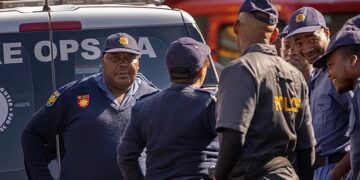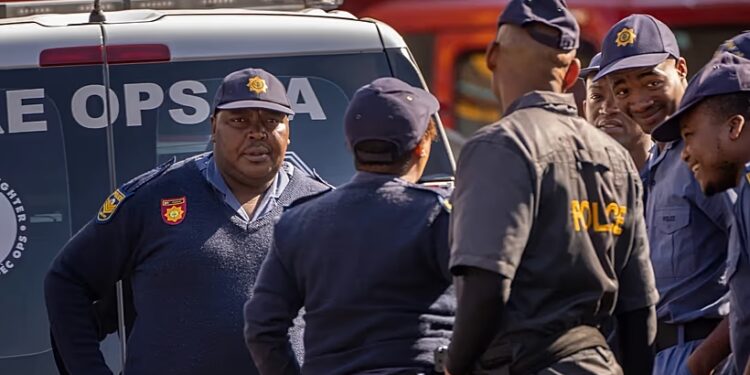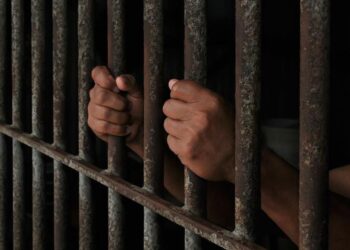By Enyichukwu Enemanna
South African authorities have deployed an extra 3,500 police officers, while putting the army on standby under its National Joint Operational and Intelligence Structure.
This comes as the Joint Structure comprising the police, army and intelligence services on Wednesday held a parade involving helicopters, K-9 dog units and officers on motorcycles in a show of force ahead of expected protests around this weekend’s Group of 20 world leaders summit in Johannesburg.
Deputy national commissioner for policing Lt. Gen. Tebello Mosikili told reporters Tuesday that authorities were expecting protests in Johannesburg and other major South African cities.
“We will allow that right (to protest) to be exercised,” she said. “But within the proper directives and proper confines of the law.”
South African police said they have designated specific areas for protesters to gather near the summit venue, an exhibition centre next to the country’s biggest soccer stadium.
The head of Airports Company South Africa, which runs the main international airports, said it had set up “speakers’ corners” in airports where protesters would be “kindly” taken by security if they stage demonstrations when world leaders arrive.
The two-day summit opens on Saturday and is expected to attract leaders and top diplomats from more than 40 countries as well as global institutions like the United Nations, the World Bank, the International Monetary Fund and the World Trade Organization.
Demonstrations are expected from anti-capitalists, climate activists, women’s rights campaigners, anti-migrant groups and others, some of which are raising South Africa’s own problems with poverty and inequality.
A trade union representing members of South Africa’s Afrikaner white minority has already stoked controversy by putting up billboards around Johannesburg that say: “Welcome to the most RACE-REGULATED country in the world.” One of the boards was taken down by city authorities, prompting the Afrikaner trade union, Solidarity, to threaten legal action.
The billboards are in reference to South Africa’s affirmative action laws that advance opportunities for Black people and have become part of a diplomatic fallout between South Africa and the United States.
U.S. President Donald Trump won’t attend the G20 summit in a boycott over his claims that South Africa’s Black-led government is pursuing racist, anti-white policies and violently persecuting its Afrikaner minority.
Trump’s claims have been widely rejected as baseless, but the U.S. government boycott threatens to undermine the first G20 summit in Africa.




































